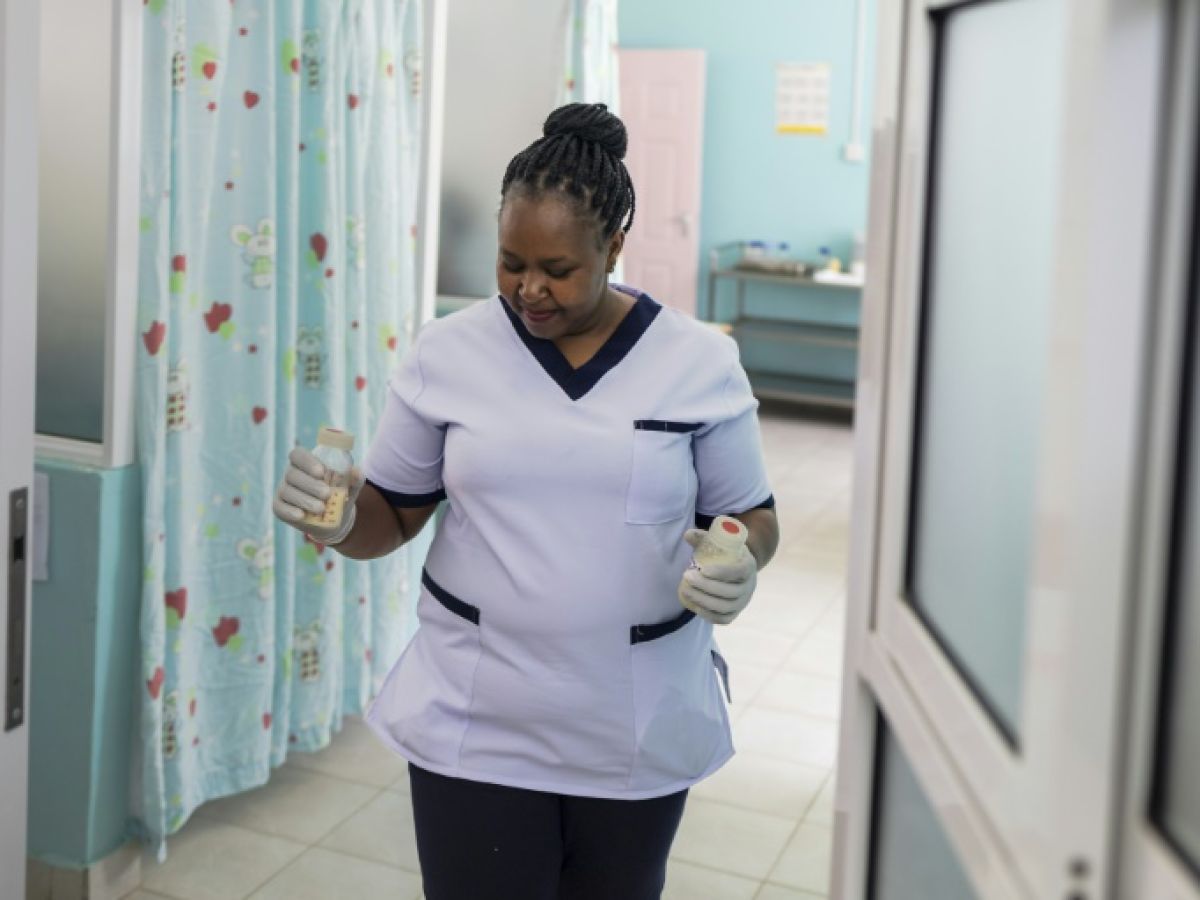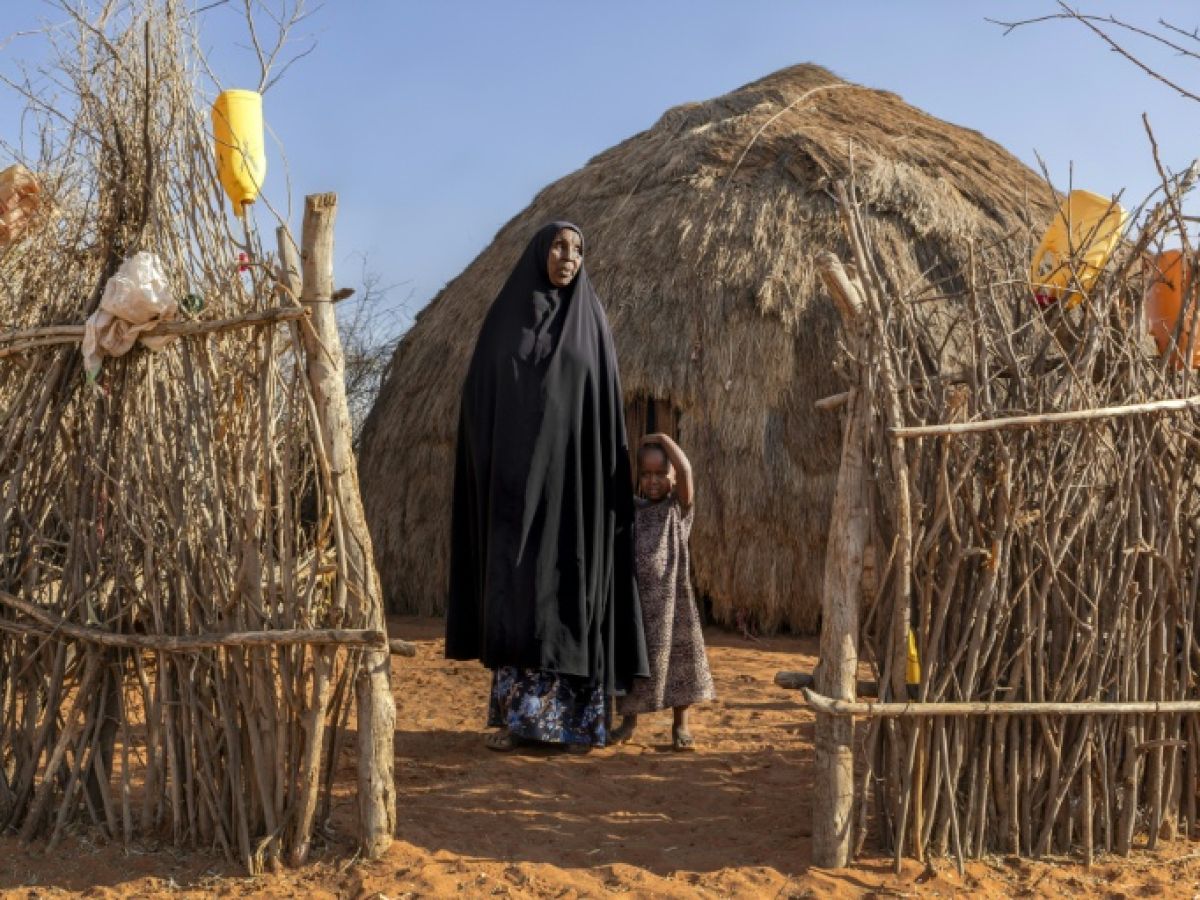Surrounded by incubators, a red tube inserted into her tiny nose, four-day-old Grace-Ella is fed breast milk from women other than her mother at the Pumwani Maternity Hospital in Nairobi, the only hospital in Kenya to offer this vital aid to premature babies.
In the East African country, around 134,000 babies are born prematurely each year, according to official figures, while the resulting complications are the leading cause of neonatal death.
Mothers who give birth well before term are often unable to produce breast milk. They must resort to powdered substitutes, which may be less nutritious and increase the risk of infection, especially if the water they are mixed with is contaminated.

The Kenyan Breast Milk Bank, established in 2019 with support from the NGO PATH and British funds, allows babies like Grace-Ella to benefit from the generosity of others.
"It was really exciting," says her mother, Margaret Adhiambo, who had never heard of the solution before giving birth at 30 weeks. She admits she was initially skeptical.
"It made me feel guilty, like I couldn't give my own breast milk to my daughter," she explains. But ultimately, "it helped me because she didn't starve to death."
– “It’s good to help” –
Pumwani Maternity Hospital is the only one in Kenya to offer this service, which is also rare in the rest of the continent, while sub-Saharan Africa accounts for 431.3% of neonatal deaths worldwide. Yet, according to World Bank estimates, it represents less than 161.3% of the total population.
Underweight babies face many health risks, and breast milk can tip the scales in their favor.

"When we feed them breast milk, we find that they grow faster than babies fed formula," Muthoni Ogola, the doctor in charge of the program, told AFP.
Yet the World Health Organization (WHO) estimates that less than half of newborns worldwide are exclusively breastfed.
One of the main benefits of breast milk is the antibodies it transmits to the infant, says Hannah Wangeci Maina, a nurse in Pumwani who energetically oversees a maternity ward that serves at least 90 mothers.
"We usually have a lot of mothers lining up to receive breast milk," she observes.
During a recent AFP visit, she accompanied 22-year-old Esther Wanjiru as she donated milk. A first-time mother, she was screened for infectious diseases, including HIV and hepatitis, before sitting down to express her milk.
"It's nice to help," the new mother told AFP during the procedure. "It's a bit like a massage," she adds with a shy smile.
The milk was then tested before and after pasteurization and frozen. It can be stored for up to 12 months.
– Financing –
For the hospital team, however, it is frustrating to have enough equipment only to provide milk to the children hospitalized within its walls, as well as occasional donations to two other hospitals.
Breast milk banking remains a much cheaper option than powdered milk, but the equipment is expensive, explains Christine Kiteshuo, the hospital's executive director.
"Some of this equipment is only available in Europe (or) the United States, so it's difficult for us to get our hands on it," she says.
The hospital would like to help more mothers if it had more resources, especially those living in informal settlements without refrigerators or clean running water.
"This is one of the challenges we are facing now. We cannot help mothers outside the facility," says Kiteshuo.

